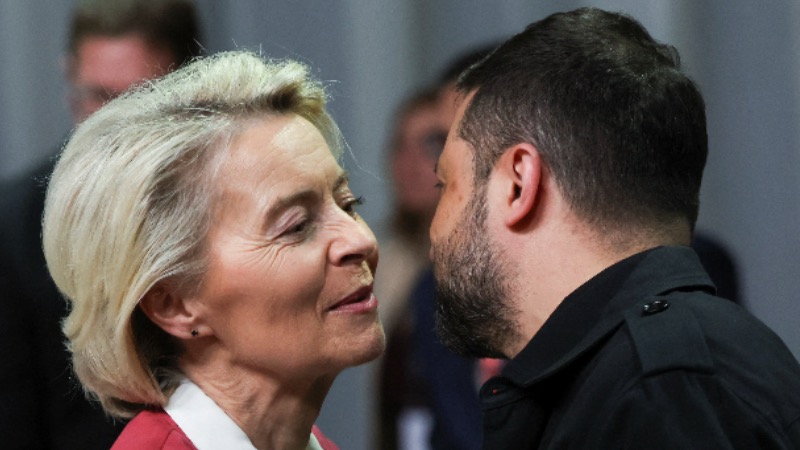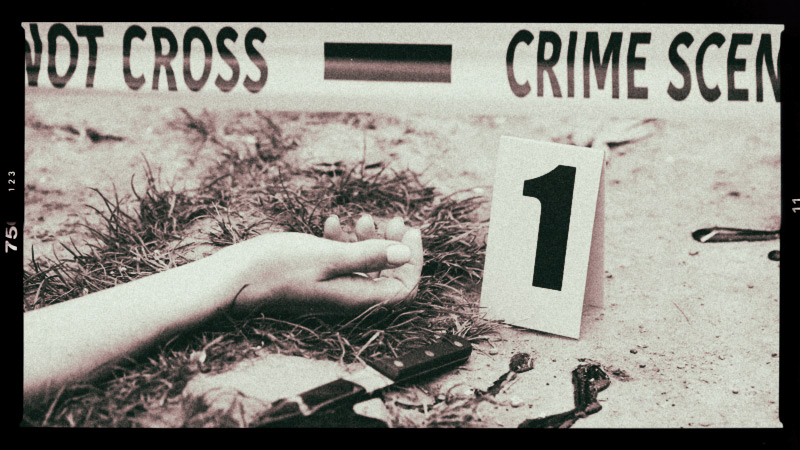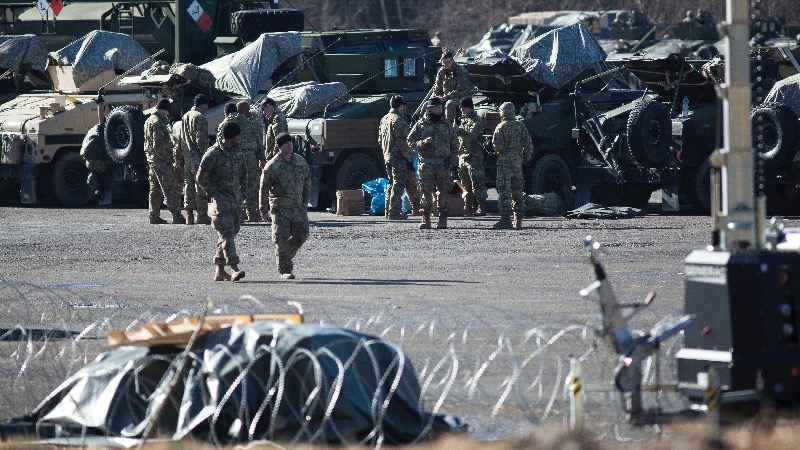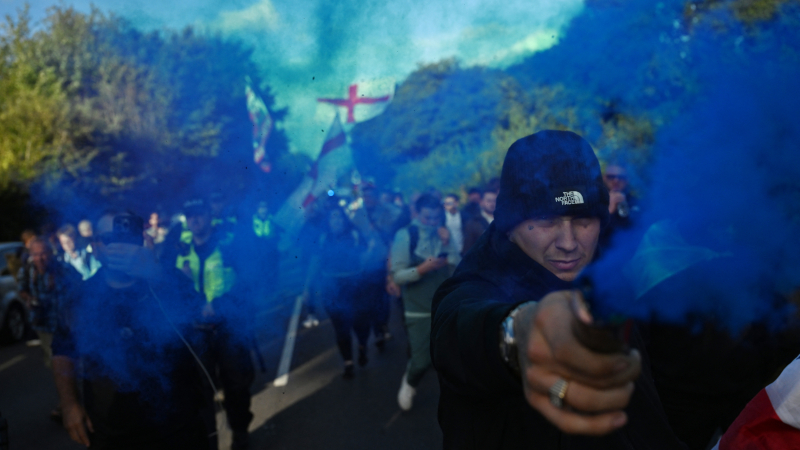 Image Credit: WPA Pool / Pool / Getty
Image Credit: WPA Pool / Pool / Getty At the Nordic Council summit in Stockholm, European Commission President Ursula von der Leyen and Swedish Prime Minister Ulf Kristersson declared that the EU and Sweden are prepared to cover “all of Ukraine’s economic needs, military as well as budgetary, for as long as necessary.” The pledge, celebrated as a show of solidarity, could in practice leave EU taxpayers footing a bill worth billions.
Von der Leyen stated that Brussels is already planning Ukraine’s financing for the years ahead. “I am very happy and grateful that the European Council has committed to covering the financial needs of Ukraine for the years 2026 and 2027. With military needs and, if necessary, with budgetary needs,” she said.
The Commission also wants to use frozen Russian assets as collateral for new loans to Kyiv. “It is a legally sound proposal. Not trivial, but a sound proposal,” von der Leyen claimed. The concept is that Ukraine will repay these loans after Russia pays war reparations. Yet if those reparations never materialize, the financial burden will fall on the EU’s own citizens. The sum in question, estimated at around €100 billion, would then have to be absorbed by national budgets and, ultimately, taxpayers.
Despite growing unease in key member states such as Germany, France, and Belgium—where much of the frozen Russian money sits—von der Leyen dismissed the opposition as “technical issues.” However, the latest European Council summit in Brussels revealed deep cracks in the plan to seize and repurpose Russian assets.
Belgium blocked approval of a new €140 billion loan for Kyiv, citing “huge financial and legal risks.” Belgian Prime Minister Bart De Wever warned, “It’s completely insane for Belgian taxpayers to be held responsible if something goes wrong,” describing the mechanism as one that could undermine trust in Europe’s financial system. Most of the €200 billion in frozen Russian assets are held by Euroclear in Brussels and using them as loan collateral sparked a major diplomatic clash. Behind the show of unity, several diplomats admitted that Belgium’s stance reflects growing unease across member states wary of the escalating “Ukraine bill” and uncertain of who will ultimately guarantee the money.
The grand promises made in Stockholm may sound like solidarity, but for EU citizens, they represent a different reality: an open-ended financial commitment that could, in the end, make Europe pay for a war it did not start.



